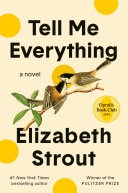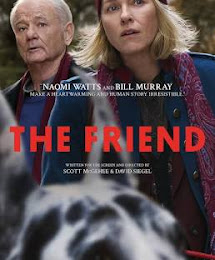From the archives (Randy Johnson)
FFB: Due Or Die – Frank Kane
 Author
Frank Kane created P.I. Johnny Littell in a short story for the pulps
in 1944 and went on to write twenty-nine novels featuring him, plus an
unknown number of short stories. According to his granddaughter, he
claimed four hundred, though she believes that an exaggeration. And Bill
Crider said in 2000, if it’s a Frank Kane book, chances are “it’ll be a
competent straightforward P.I. story.” DUE OR DIE certainly was all
that. I quite enjoyed my first Kane book.
Author
Frank Kane created P.I. Johnny Littell in a short story for the pulps
in 1944 and went on to write twenty-nine novels featuring him, plus an
unknown number of short stories. According to his granddaughter, he
claimed four hundred, though she believes that an exaggeration. And Bill
Crider said in 2000, if it’s a Frank Kane book, chances are “it’ll be a
competent straightforward P.I. story.” DUE OR DIE certainly was all
that. I quite enjoyed my first Kane book.
P.I. Johnny Liddell got the job offer from a most agreeable source.
Beautiful redheaded singer Lee Loomis. Mobster “Fat Mike” Klein, who
Johnny knew from the old days, needed help in Las Palmas, a small Nevada
city where the gambling joints were controlled by aging mobsters, no
longer the hard men they’d once been. The deal was $10,000 to find the
killer, half now, half when the job was done.
They didn’t dare let New York know what had happened. The remaining
five knew the vultures were already out there and they didn’t dare let
anyone know that a hit had gone down without their knowledge.
But Johnny arrived too late. Fat Mike had been murdered as well, shot
down in his car on the side of the road. The remaining four showed
Johnny the note all had received promising each would be killed unless
they ponied up a million dollars. With each death, the share went up for
the others.
They
wanted Johnny to simply deliver the money. The two deaths had been
covered up, the first a heart attack, the body quickly cremated, and Fat
Mike had committed suicide, the body to be buried as soon as possible.
Johnny didn’t like that. Fat Mike had not been a particular friend,
but he’d accepted the job and he was loathe to quit before he got it
done.
Tom Regan, the police chief, was as crooked as the mobsters, in their
pocket, and was no help. Despite his bosses agreement, he seemed
determined to impede the investigation.
Johnny plugs away, avoiding beatings, dodging frame-ups, and questioning anyone and everyone.
He thinks he has it figured out. Now all he has to do is prove it before being killed.
Enjoyed this one. Johnny Liddell appeared in 29 novels and numerous
short stories(Kane claimed four hundred in a letter, though his
granddaughter thought that an exaggeration)






































.JPG)

























